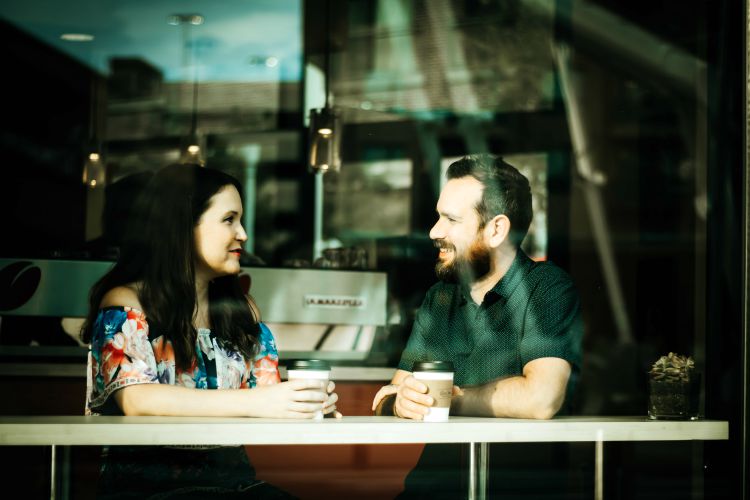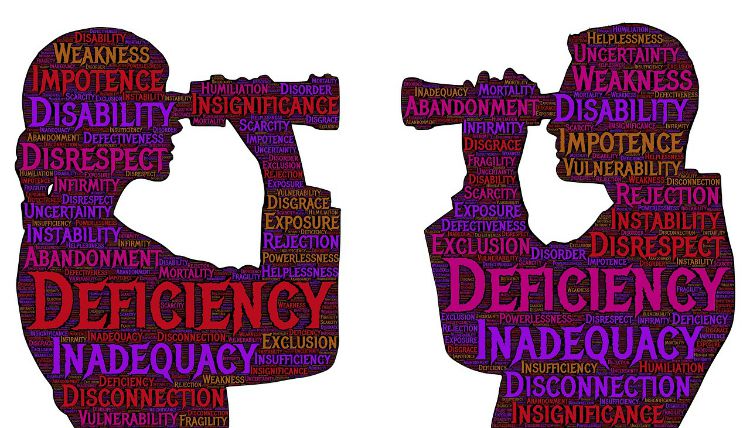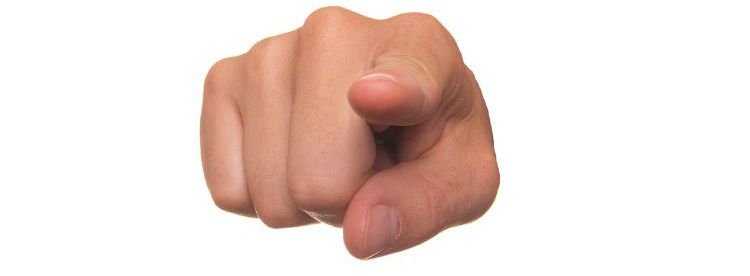
“Placing the blame or judgment on someone else leaves you powerless to change your experience; taking responsibility for your beliefs and judgments gives you the power to change them”
― Byron Katie
Relationships can be tough, romantic, business, political, countries or otherwise.
We have been taught to believe an ‘ideal’ by social conditioning, movies, storybooks and gender roles in society. We have been given the idea that a relationship will make us happy or another person can do this; we got it all wrong.
I am 43 this year. I have had around eight relationships in my life. Many of these in my younger years were short and very superficial. I didn’t understand relationships back then; I simply thought, ‘Find the right man and I would be happy’. I didn’t understand my personality or what happiness was.
For many years I projected onto my partners. I never questioned my own patterns or behaviour. I was, indeed, very good at blaming others when things went wrong or when I didn’t get my own way.
“Have you noticed how you get really happy, when your partner does what you want? So, you have to become a controller to put him in a position where he always does what you want and when he doesn’t, skip the middleman and do it yourself.”
– Byron Katie
Your Greatest Teacher
I thought that it was his responsibility to make me happy and I was lost in this illusion for a very long time. In fact, it’s taken until my forties to realise that if a partner does something I like, lovely. If a partner doesn’t do something I like, great learning and growth happens. He or she is our greatest teacher.
If we can see a partner who is upset and shouting and allow them the right to express, we are experiencing the deepest form of love.
This, however, does not mean that if you are in an abusive relationship this is the case. This is when you take yourself out of that relationship and get some help and support to do so.
We blame others because we are unable to face our own patterns and behaviour and own up to them. Relationships, friendships, business partnerships…all do this.
Not Being Held Accountable
We have a big example of this right now in the UK. A large holiday firm has closed and instead of accepting accountability for excessive debt, mismanagement, taking huge bonuses for the directors and senior management at the top, they have pointed the finger at the already volatile polarisation happening in the UK right now, Brexit. And this has led many to point fingers at those who voted for Brexit. So, blame is being thrown around like confetti right now.
It’s so easy to blame other people and not take on board what we are doing that is perpetuating or adding fuel to the fire. Blame is so toxic. It can destroy relationships if we blame others for not meeting our needs, even if our needs are meant to be met by ourselves.
I understand. It can feel easier to point fingers instead of taking stock of what we believe that is adding or fuelling a difficult relationship or situation. The true strength comes from having the courage to question ourselves, question, is it true what we are saying or thinking, are we handing our power over to someone else?
My biggest blame pointing game was pointing out the flaws in others. Believing if they just fixed those flaws (they could be physical or responses), the relationship would work. What I didn’t accept was that the reason I saw those perceived flaws in such a negative way was because I saw my own flaws in that same way. I was unreasonable, unaccepting, blaming, angry, intolerant towards my own flaws, sometimes physical flaws, sometimes flaws in my behaviour.
Blaming Instead of Acknowledging Feelings
In the middle of a discussion the tendency can be to point fingers ‘If you just stopped doing that, this wouldn’t have happened’, but this simply aggravates and shuts down any possibility of a wise and loving communication or resolution.
With a partner or friend, you may think that an area of your relationship isn’t working, because you believe that the ‘other’ person is not doing what you believe a relationship should be all about. Perhaps they are not showing enough affection to you, perhaps they are too busy, perhaps in the bedroom they are not satisfying you…but when we get locked in the ‘you should’ game, we forget to ask why don’t they do that?
For example, is it possible they fear excess affection or that because of their own life conditioning they sense you pulling away, so intimacy is impossible or really hard for them?
We are often joined in relationship with those who can gift us our greatest growth and learning.
One partner could be very affectionate, but also have fears that make them come close to their partner and then pull away to stop being hurt, because of fear from the past.
The other partner could have been conditioned in childhood that conditional love from parents was painful, so they remember the push and pull relationship so deeply that they fear intimacy or affection in that way when they sense it in their partner.
Both partners trying to protect themselves from pain by blaming the other.
Why Communication Is So Important
We don’t know what is really happening until we talk to our partners. What we think we know may be completely wrong and if someone loves us in a certain way, who are we to make that way of loving wrong? They are loving in the only way they know how. This is when we learn to appreciate what we have now, not what we haven’t got in relationships.
Our blame can come from projecting onto the relationship an ideal that doesn’t exist and may never exist. Instead of accepting, appreciating and loving what we have, we look to see what is missing instead.
What blame may you be placing on loved ones right now?
Is it helping?


